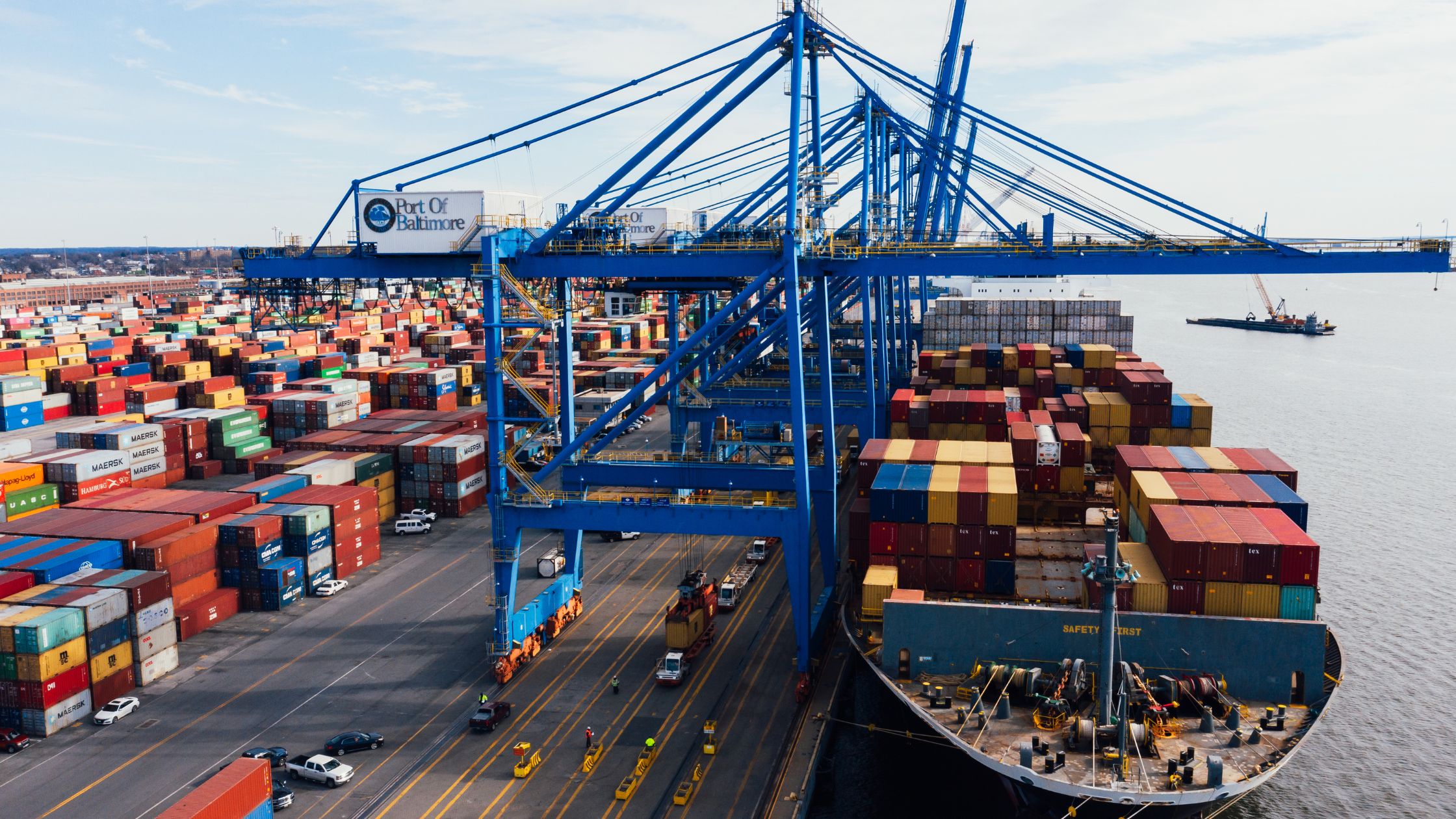Address: Front office : Twin Centre Tower A 6th floor Corner boulevard zerktouni and boulevard El Massira Casablanca Back office : espace ghazwani, Boulevard Ifni, Casablanca
Opening hours :Mon - Fri: 9am-12.30pm and 2pm-6pm Sat: 9am-12pm
Address: Front office : Twin Centre Tower A 6th floor Corner boulevard zerktouni and boulevard El Massira Casablanca Back office : espace ghazwani, Boulevard Ifni, Casablanca
Opening hours :Mon - Fri: 9am-12.30pm and 2pm-6pm Sat: 9am-12pm

Morocco, a country known for its rich culture and scenic landscapes, is also a hub of vibrant economic activities. The nation’s strategic location as a gateway between Europe and Africa positions it as a key player in international trade. In this exploration, we unveil the top 5 commodities that are the linchpins of Morocco’s import sector, essential for both its population and its industries.
Crude petroleum stands as a colossal import, fueling not only vehicles but also the country’s energy sector. Despite efforts to increase renewable energy sources, Morocco’s economy still leans heavily on imported crude oil to meet its energy demands.
Coming in next are textile fabrics. Morocco’s thriving fashion and textile industry, renowned for its craftsmanship, imports a significant amount of high-quality fabrics to meet the demands of both local artisans and international fashion houses.
The third on the list is electronic equipment. In an era where technology governs, Morocco imports a plethora of electronic components and gadgets, underscoring the country’s push towards modernization and digitalization.
Automobiles represent another major import for Morocco. The country’s growing middle class and its developing infrastructure have led to an increased demand for both commercial and personal vehicles.
Last but not least, gas and electricity imports are critical for powering Morocco’s cities and industries. As the nation’s own resources are limited, importing these commodities is essential for maintaining the rhythm of everyday life and the operation of businesses.
Understanding the top imports of Morocco is not just about listing commodities; it’s about grasping the texture of Moroccan commerce and its interplay with global markets. As the country continues to grow and diversify its economy, keeping an eye on these imports is key to predicting future trends and opportunities in this captivating kingdom.
With a strategic geographic location, a diverse economic base, and a commitment to growth and modernization, Morocco’s import sector is a fascinating subject for economists, businesses, and the curious traveler alike.
Morocco has been diversifying its energy sources but still relies on crude petroleum imports. [External link to Morocco’s energy policy]
Brands such as Renault and Peugeot lead due to their established manufacturing presence.
Despite a strong local industry, high-quality fabric imports are needed for production demands.
High electronic imports are a sign of Morocco’s investment in technological infrastructure.
Morocco imports staple cereals to complement its own production and has strategies in place for food security.